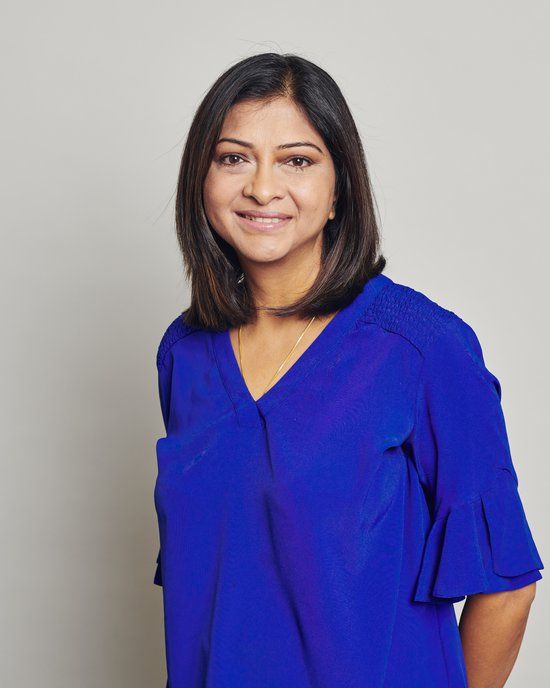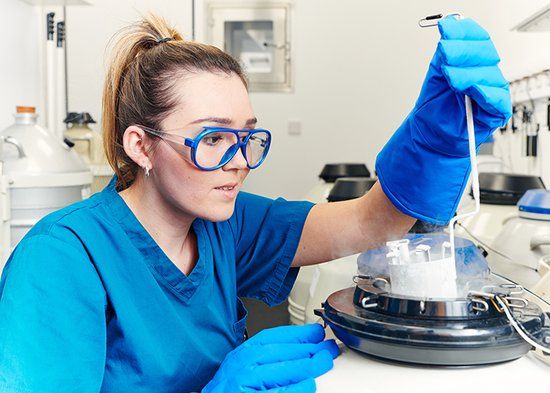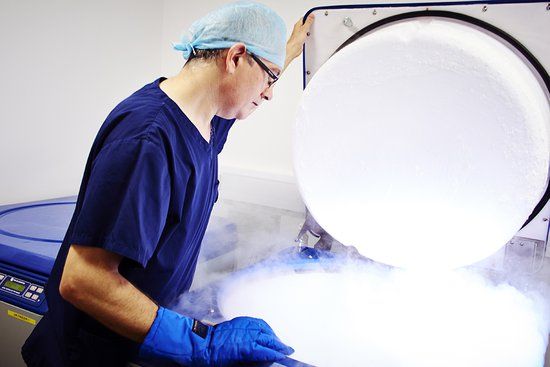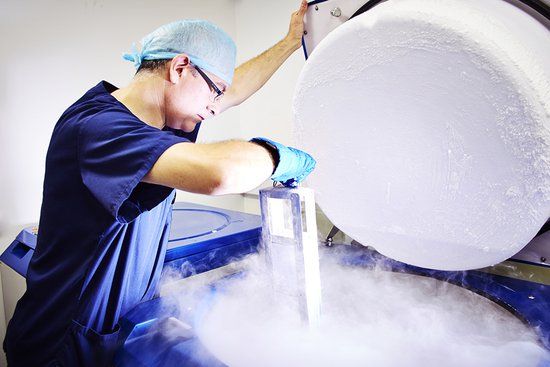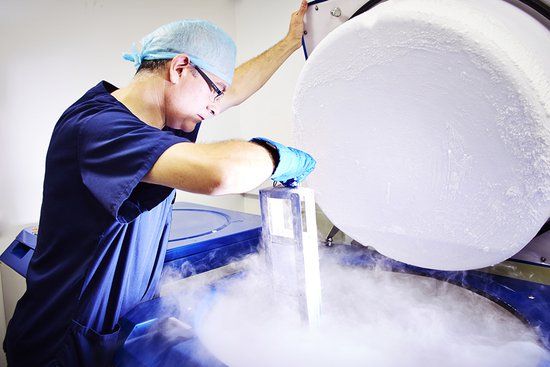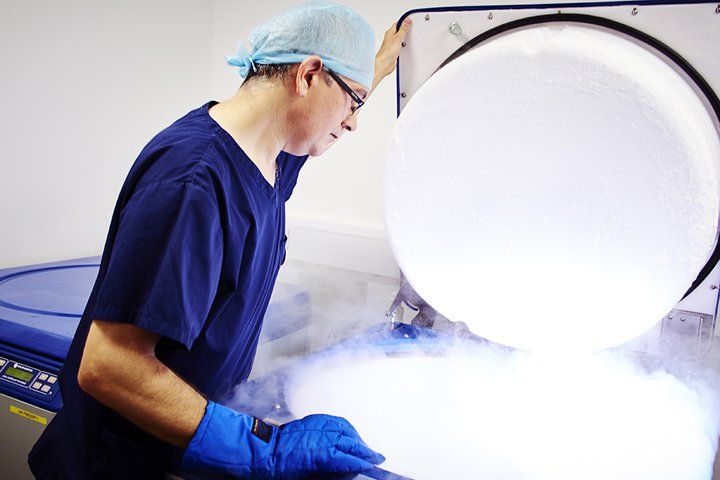
Interested in egg freezing? You’re not alone – the numbers of women opting for egg freezing has been rising every year since 2010 according to HFEA data.
There are lots of reasons you may want to freeze eggs. Many women do it because it gives them the chance to have children later in life. Egg freezing is also used for fertility preservation by women having medical treatment and by transgender patients.
At Manchester Fertility we can help you decide if egg freezing is the right option for you. We’ll always be transparent about what’s involved and chances of individual success, so you can make an informed decision.
Here are three key things you need to know first if you’re thinking about freezing your eggs:
1. Your age matters
The younger you are when you freeze your eggs, the better your future chance of pregnancy success. Egg quality is affected by your age and typically fertility and egg quality starts to decline in your 30s. HFEA data shows the highest live birth rates are in women who were aged under 35 when they froze eggs.
2. Egg freezing isn’t guaranteed ‘fertility insurance’
Future pregnancy using frozen eggs is influenced by a number of factors, including your age at the time of freezing, how many eggs are retrieved, egg quality and freeze/thaw survival. We use the most advanced method of freezing - vitrification – to ensure high survival rates for frozen eggs.
3. Costs, process and timescales
It’s important to be clear about what’s involved, the costs of egg freezing and how long you can freeze your eggs for. Currently we can store eggs for up to 10 years. Egg freezing at Manchester Fertility is a personalised and highly-tailored process focused on egg quality, not quantity, for your best chance of future pregnancy.
If you’re interested in egg freezing, chat to our Patient Advisors on 0161 300 2737or self-refer here.
Last updated: 3rd May 2018

